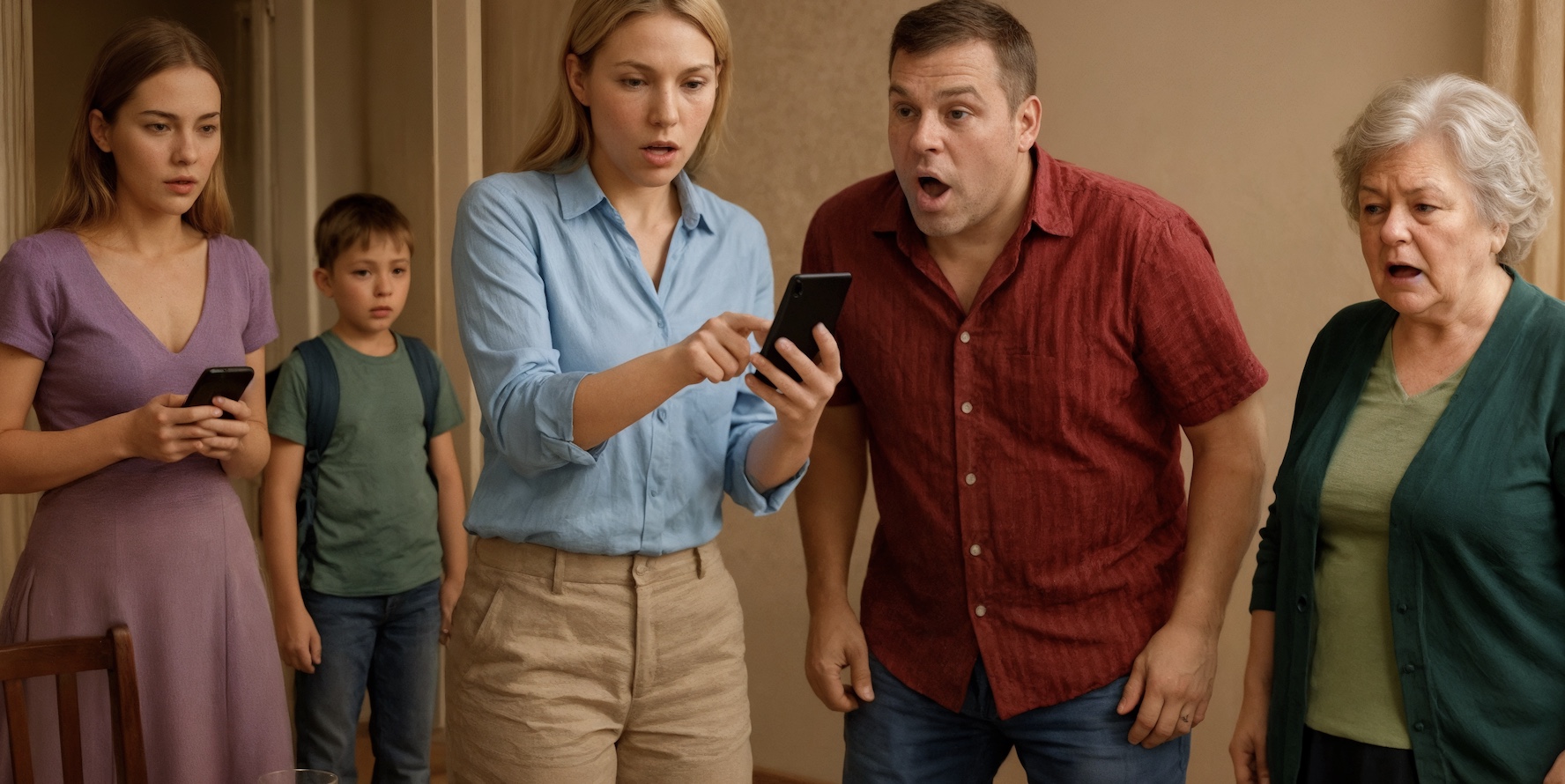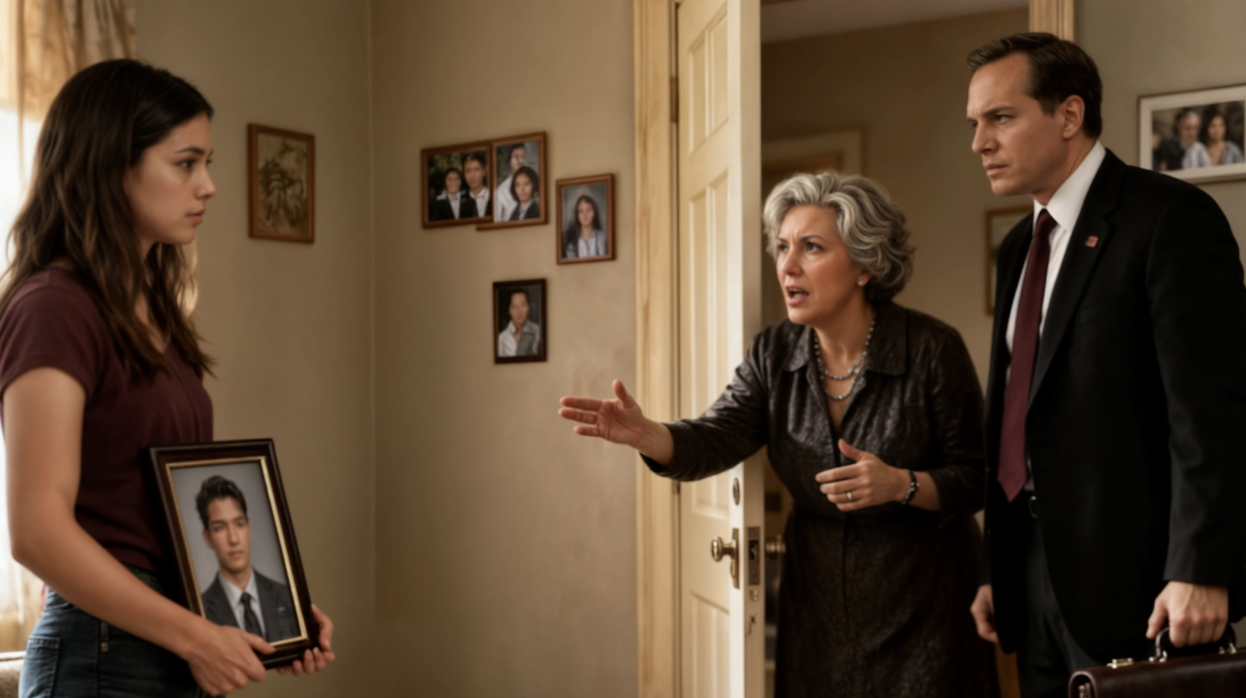“Your career can wait! My mom is coming, and you’re going to sit with her!” my husband announced—so I decided to teach him a lesson.
Kirill said it without even lifting his eyes from his phone. He sat in the kitchen in his briefs and a tank top, chewing a sandwich and scrolling his feed as if he’d just casually mentioned that it might rain tomorrow. “Your career can wait! My mom is coming, and you’re going to stay with … Read more









